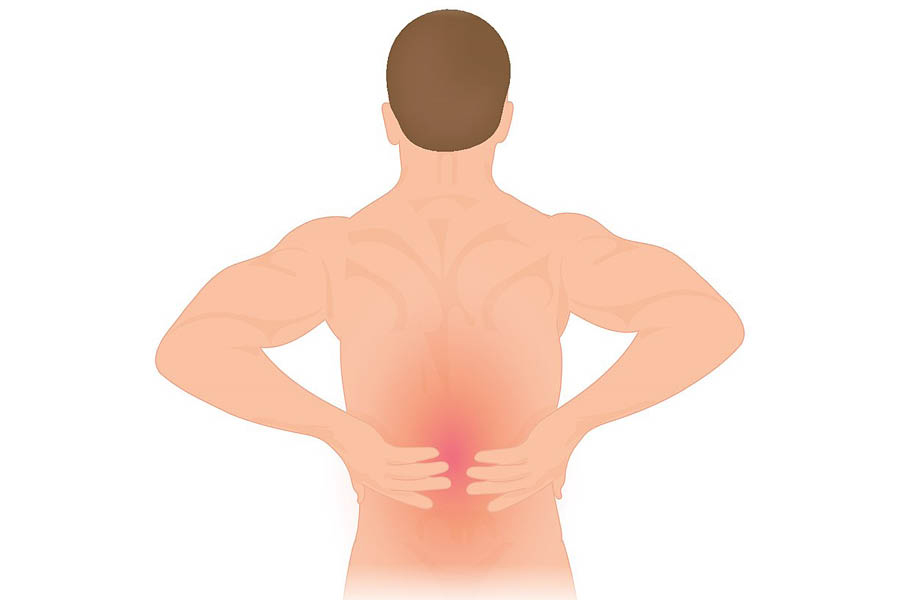Much like a headache, back pain can hold us in a vice grip. The younger generation swears at it, the senior population swears by it! In my three decades of patient care, I have had patients coming to me with chronic back pain as a primary complaint, as a secondary “oh by the way, doc, I just remembered” kind of an afterthought as well as a “door-knob phenomena” — at the end of an in-depth appointment with hands on the doorknob, ready to leave, my patient remembers, turns around and asks: “Did I tell you about my back pain?”
Banter apart, the fact remains that back pain, especially lower back pain, constitutes one of the most common complaints from patients. Let’s then get to it and ask the key question: What kind of chronic back pain or lower back pain needs attention?
Let me clarify that no pain is an innocent pain. In other words, there’s always a pathology behind the pain. At the same time, it’s vital for us to know that not all pathologies need treatment. Some are momentary and self-limiting. A muscle pull, a nerve pinch, a superficial inflammation will always fade away with time. In most cases, bed rest, restricted motion and observation do the job. What, then, are the red flags?
Duration
The duration of the pain matters. Any lower back pain lingering for more than six weeks needs attention.
Age
Chronic back pain for anyone below the age of 18 and above the age of 50 warrants doctor’s attention.
Trauma
While any history of major traumas, possibly leading to a fracture, will need intervention, a vigilant eye needs to be kept on minor traumas that can cause fractures for the elderly.
Systemic complaints
Constitutional symptoms — fever, chills, night sweats, malaise or undesired weight loss — suggest infection or malignancy. These symptoms are of even greater concern if the patient has additional risk factors for infection, such as diabetes, recent bacterial infection, immunocompromised status or injection drug use.
Atypical pain features

Nerve damage or pancreatic cancer can cause or exacerbate back pain Wikimedia Commons
Typically, benign lower back pain is a dull, aching pain that generally worsens with movement but improves when the patient is lying still. The not-so benign ones hurt even at rest and hence during sleep. Although not set in stone, infection or malignancy are definitely strong possibilities in these situations To these, I will add kidney stones that can cause unremitting pain even when supine.
Progressive neurological deficit
Any evidence of nerve damage needs to be firmly pursued as it could mean a medical or surgical emergency, including cord compression or cauda equina syndrome (a condition that occurs when the bundle of nerves below the end of the spinal cord, known as the cauda equina, is damaged, causing lower back pain that radiates down the leg, numbness around the anus, and loss of bowel bladder control).
One particularly serious and deceptive cause of chronic, relentless back pain is pancreatic cancer, which is frequently missed, with dangerous consequences.
Most back pains, however, are short-lived and benign. But those that become chronic and unrelenting often hide serious disorders. Time is of the essence here and unnecessary procrastination can turn fatal.
Dr Shuvendu Sen, born and brought up in Kolkata, is a US-based physician currently serving as the vice-chair, Research, at the Jersey Shore University Medical Center, New Jersey. An award-winning physician and author, his works include The Fight Against Alzheimer’s (Rupa Publications, 2024), Why Buddha Never Had Alzheimer’s (HCI/ Simon & Schuster, 2017) and A Doctor's Diary (Times Group Books, 2014), among others. Dr Sen can be reached at shuvendusen57@gmail.com



